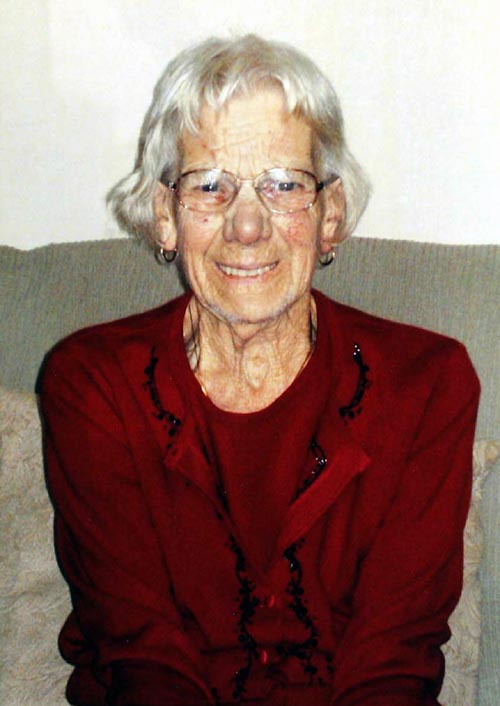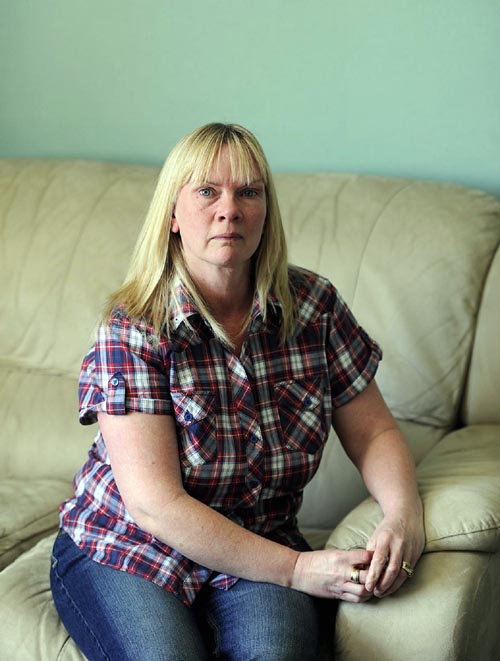AN 84-YEAR-OLD patient was starved for more than a week by hospital staff as she waited to have an operation.
Peggy Davis later died from pneumonia while being treated at Edinburgh’s Royal Infirmary.
Her furious family complained about the treatment she received during her last days, in August 2010, only to have their grievance rejected.
Peggy Davis died after being starved in hospital
Mrs Davis had been admitted after suffering a fall at her sheltered housing complex in Tranent, East Lothian.
Doctors then discovered she was suffering a “blockage in her abdomen” and put her on a strict nil-by-mouth diet ahead of an operation.
However the surgery was repeatedly delayed and the frail pensioner was not allowed to eat for eight days.
But the Scottish Public Services Ombudsman has ruled that medics acted appropriately and threw out the complaint.
But daughter Christine Riding, 49, maintains that food deprivation was a factor in her mother’s death.
She said: “For the actual care of my mum they said it was OK – I think that’s garbage.
“They said that she would need an operation to clear the blockage in her abdomen, but they never once said what it was and they didn’t feed her in preparation for an operation.
Peggy’s daughter Christine complained to the Scottish Public Sector Ombudsman
“This went on for eight days and every day we were asking ‘Why hasn’t it been done?’, and they were saying things like ‘Emergencies came in’.”
Doctors then decided surgery was not needed and started Mrs Davis on a diet of soft food, but found it difficult to swallow.
Medics also treated a chest infection that Mrs Davis had developed with antibiotics, but the weakened patient developed pneumonia, which led to her death.
While the Ombudsman said Mrs Davis’ care was appropriate they criticized NHS Lothian for their lack of communication.
It said Mrs Davis “had a number of pre-existing medical conditions, which meant that she did not have the physical reserves to cope with the complications that followed her fall”.
But the ruling said staff needed to be reminded that good communication was vital and that complaints should be dealt with quickly.
Mrs Riding said: “Yes, it’s lack of communication, but it doesn’t answer why she didn’t get more scans or X-rays to look if the blockage had cleared.
“I felt angry, because we couldn’t understand how they were putting the operation off.”
Melanie Hornet, nurse director at NHS Lothian, said: “We accept the Ombudsman’s recommendations in full and we have already taken action to ensure that communication is improved.
“However, we also note the Ombudsman’s ruling that the appropriate care and treatment was provided to Mrs Davis.
“I have written to Mrs Davis’s family to formally apologise and I would like to repeat that apology publicly.”


